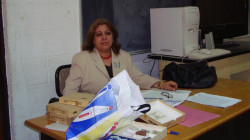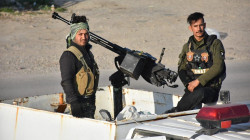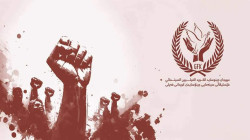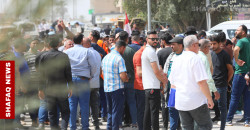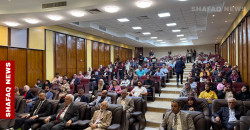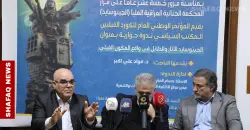Cancellation of the "Feyli Genocide Commemoration"!
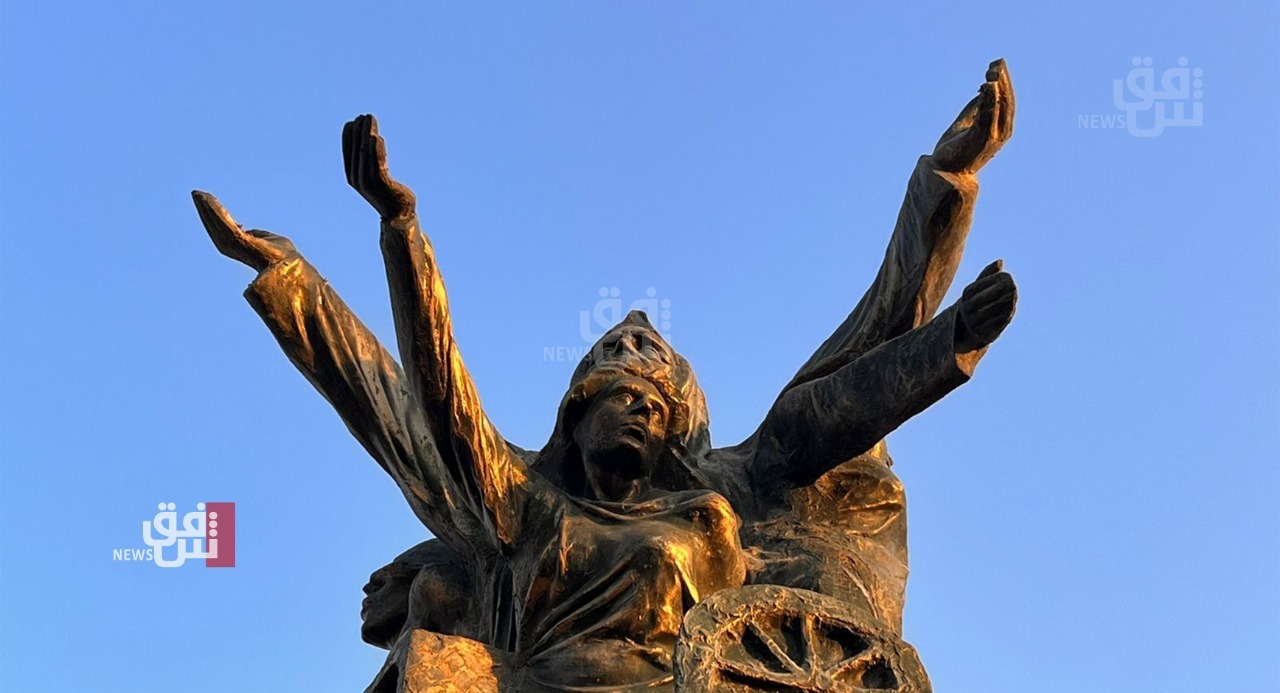
By Ali Hussein Feyli
Shafaq News/ Amid worsening financial and administrative crises and the spread of corruption within the relevant institutions, a pressing question arises: Is there still hope for improving the conditions of the Feyli Kurds despite the modesty of their demands?
Supporting this cause requires active involvement from political and governmental actors, who—although they have not given the issue sufficient attention in the past—still possess the ability to play a meaningful role in crafting practical solutions.
The activities held in April remain the only formal discussions and commemorations, albeit limited, and have faced many fluctuations in recent years. At times, this process has led to positive decisions and events, and at other times, to mixed outcomes—underscoring the complexity of a path that requires engagement with authorities, political movements, legal institutions, and executive bodies, in an effort to ease the pain and consequences of this catastrophe.
In recent years, there has been a noticeable increase in commemorating the tragedy, thanks to the role of nationalist and sectarian groups, along with the efforts of dedicated individuals—whether they hold influence within power structures or are volunteers who have contributed according to their means. The names of these individuals should not be overlooked when this occasion is remembered.
Since 2004, the process of commemorating the tragedy has gone through several phases, with public and official participation ranging from wide attendance to hesitant presence.
Today, the political, parliamentary, and governmental landscape includes a considerable number of Feyli figures, who—depending on their level of concern and sense of responsibility—can contribute to strengthening and institutionalizing this commemoration as one of Iraq’s major national occasions, and among the most impactful in raising awareness of the genocidal crimes committed in the country. There is no doubt that our individual and collective efforts, combined with serious governmental support, can help expose these crimes, erase their effects, and compensate for the damage caused by the former Ba’athist regime.
Despite the establishment of dozens of Feyli social and political organizations, they have—due to various reasons—so far failed to unify their efforts into effective collective activities. Nevertheless, it can be fairly said that national commitment remains a point of light that justifies the legitimacy of the Feyli Kurds’ objections, especially at a time when Shiite political forces acknowledge—and even condemn in their literature—that the displacement and genocide of the Feylis constitute crimes that do not expire with time. Therefore, any talk of erasing or downplaying this massacre, however one chooses to label it, is entirely out of the question.
Based on this awareness, it is essential to intensify efforts to protect the material and moral rights of the genocide survivors, whose officially registered victims at the Martyrs Foundation exceed 16,000.
